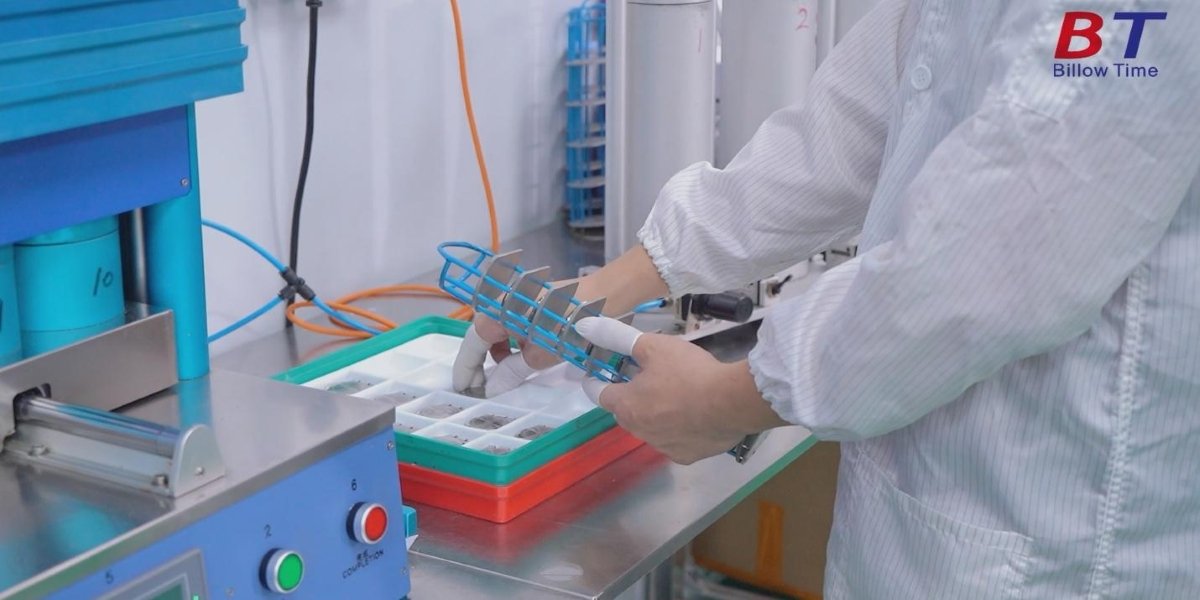In recent years, there has been a notable shift in the beauty industry, with an increasing number of entrepreneurs turning to homemade cosmetics as a means of expressing their creativity and meeting the growing demand for natural and sustainable products. This trend has gained momentum as consumers become more conscious of the ingredients in their skincare and makeup products, as well as the environmental impact of traditional beauty brands. In this article, we explore how homemade cosmetics have emerged as a thriving entrepreneurial trend and the factors driving their popularity.
The Appeal of Homemade Cosmetics
Homemade cosmetics offer a myriad of benefits that appeal to both creators and consumers alike. For entrepreneurs, formulating and producing their own skincare and makeup products allows them to exercise their creativity and craftsmanship. It provides an outlet for experimentation with different ingredients, textures, and formulations, enabling them to develop unique and innovative products that stand out in a crowded market.
From a consumer perspective, homemade cosmetics offer the allure of natural and organic ingredients, free from harsh chemicals and additives commonly found in mass-produced beauty products. Many individuals are drawn to the transparency and authenticity of homemade cosmetics, as they can see exactly what goes into each product and have greater confidence in its safety and efficacy.
Meeting the Demand for Sustainability
The rise of homemade cosmetics also reflects a growing awareness of sustainability and environmental responsibility within the beauty industry. As consumers become more mindful of their consumption habits and the impact of their choices on the planet, they are increasingly seeking out eco-friendly alternatives to conventional beauty products.
Homemade cosmetics allow entrepreneurs to source ingredients ethically, minimize packaging waste, and reduce their carbon footprint. By utilizing natural and biodegradable materials, avoiding harmful chemicals, and implementing eco-friendly production methods, homemade cosmetics align with the values of environmentally conscious consumers and contribute to a more sustainable beauty industry.
Empowering Small Business Owners
Another factor driving the popularity of homemade cosmetics as an entrepreneurial trend is the rise of small-scale, independent beauty brands. With the advent of social media and e-commerce platforms, aspiring entrepreneurs have unprecedented access to global markets and can easily establish their own brands and reach customers worldwide.
This democratization of the beauty industry has empowered individuals to start their own businesses from the comfort of their homes, bypassing the traditional barriers to entry such as high startup costs and distribution challenges. It has paved the way for a diverse array of niche beauty brands catering to specific preferences and demographics, offering consumers greater choice and variety in the products they purchase.
Overcoming Challenges
Despite the numerous opportunities presented by the homemade cosmetics trend, entrepreneurs face several challenges in building successful businesses in this space. Competition is fierce, with countless new brands entering the market every day, making it difficult to stand out and capture consumers’ attention.
Additionally, ensuring product quality, consistency, and safety is paramount in the beauty industry, requiring entrepreneurs to invest time and resources in research, testing, and compliance with regulatory standards. Building trust and credibility with customers is essential for long-term success, necessitating transparent communication, stellar customer service, and a commitment to quality and integrity.
Embracing Innovation and Collaboration
To thrive in the competitive landscape of homemade cosmetics, entrepreneurs must embrace innovation and collaboration as key strategies for differentiation and growth. This can involve leveraging technology to streamline production processes, optimize supply chain management, and enhance the customer experience.
Furthermore, forming partnerships with other small businesses, influencers, and community organizations can help amplify brand visibility and reach new audiences. By fostering a sense of community and shared values, homemade cosmetics brands can cultivate loyal customers and build a strong support network to sustain their businesses in the long run.
In conclusion, the rise of homemade cosmetics as an entrepreneurial trend reflects shifting consumer preferences towards natural, sustainable, and transparent beauty products. Entrepreneurs are capitalizing on this trend by creating their own skincare and makeup brands, offering unique and innovative alternatives to traditional beauty products.
Driven by a desire for creativity, sustainability, and independence, homemade cosmetics have emerged as a vibrant and dynamic sector within the beauty industry. While challenges abound, aspiring entrepreneurs have ample opportunities to carve out their niche, connect with consumers, and build successful businesses that resonate with their values and aspirations. As the homemade cosmetics trend continues to evolve, it promises to shape the future of beauty entrepreneurship and redefine the standards of the industry.














